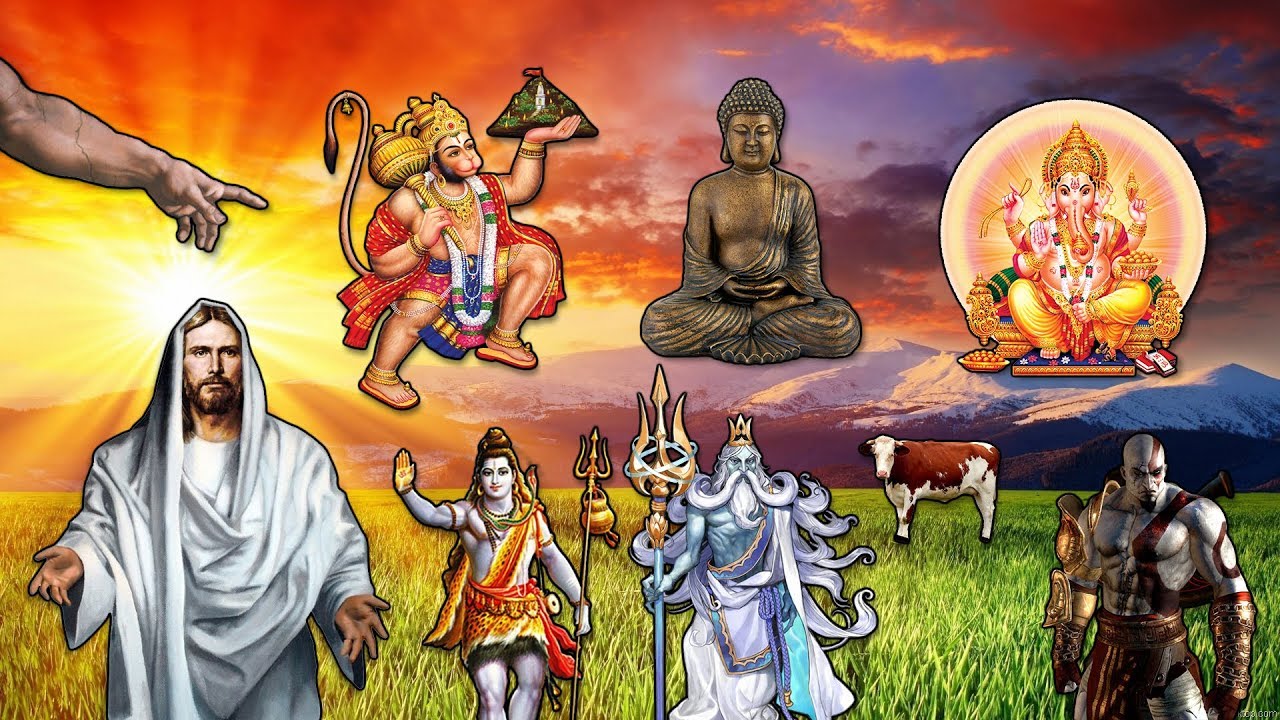Silent Gays’ primary objective is to help LGBT+ people who have suffered religious abuse.
But what actually IS religious abuse?
The most obvious that we all think of is “conversion therapy” (aka reparative therapy, Sexual Orientation Change Efforts [SOCE], ex-gay ministries, and many other deceptive names).
However, we seem to think of it as organisations set up specifically to do this, such as Exodus, Living Waters, Restored Hope Network and many others. The reality is far more insidious.
While laws are slowly coming into effect that ban or regulate these organisations, the real danger lies in the churches themselves. There is always someone in a church willing to “pray away the gay”, and that’s where things can get really destructive.
These people usually have no psychological training and invariably “trust the holy spirit” to guide them. They also often delve into “deliverance” which involves “casting out” demons. Much of the work these days is centred around the idea that we have had some sort of childhood sexual trauma, a lack of fathering or emotional bonding to the father, over attachment to their mother, and similar ideas. All of these premises have been completely debunked by all professional psychological/psychiatric organisations.
My own journey is a prime example of all this…
I didn’t enter an official conversion therapy program (Living Waters) until I was around 40. Up to that point however, I’d had years of Christian counselling and deliverance sessions.
I’d submitted to the most bizarre and dehumanising processes that involved long sessions of uncovering and repenting of hidden sins, naming every sexual encounter I’d ever had, repenting of the sins of my parents and ancestors, destroying all sorts of books, music, objects etc that had demonic attachments, allowing people to make assumptions about my spiritual, emotional and mental state, being told that I’m broken and headed for hell. The list goes on.
Each episode of these “counselling” sessions eroded and finally destroyed my entire sense of self worth.
I was a complete failure.
I couldn’t resist the lies of the devil.
I was rebellious and being defiant to God.
I didn’t have enough determination.
I hadn’t experienced the real “father heart” of God.
There was nothing of value in me except the Holy Spirit, and often this was in doubt.
I suffered from chronic depression, which I had to hide with every bit of strength I could muster. This led to anxiety and suicide ideation, coming right to the edge of taking my life on many occasions. It was a never ending cycle where I would go to some ministry, submit to it for help, find a glimmer of hope, only to lose it when nothing worked, and then dropping back into depression. All this while trying to maintain the image of a good Christian man with a family and ministry (worship leader and elder).
This is abuse – constant, degrading, life swallowing and utterly soul destroying abuse.
And I can assure you that this goes on all the time for millions of LGBT+ people all over the world.
Some walk away early enough to recover.
Some hang in there until they are utterly broken and mental health issues destroy them.
Most are silently dying in some way.
Religious abuse for LGBT+ people is a long way from over. It’s effects are life long and deep.
If you have experienced any of this, please be gentle with yourself. Get help. Find peers and friends who accept you just as you are. Get out of the toxic environment, even if it means losing friends and family – better that than living a lie that destroys us. There are so many of us who are willing to help and support you. You aren’t alone!
Check our Resource page for information and help.
Live Loved













